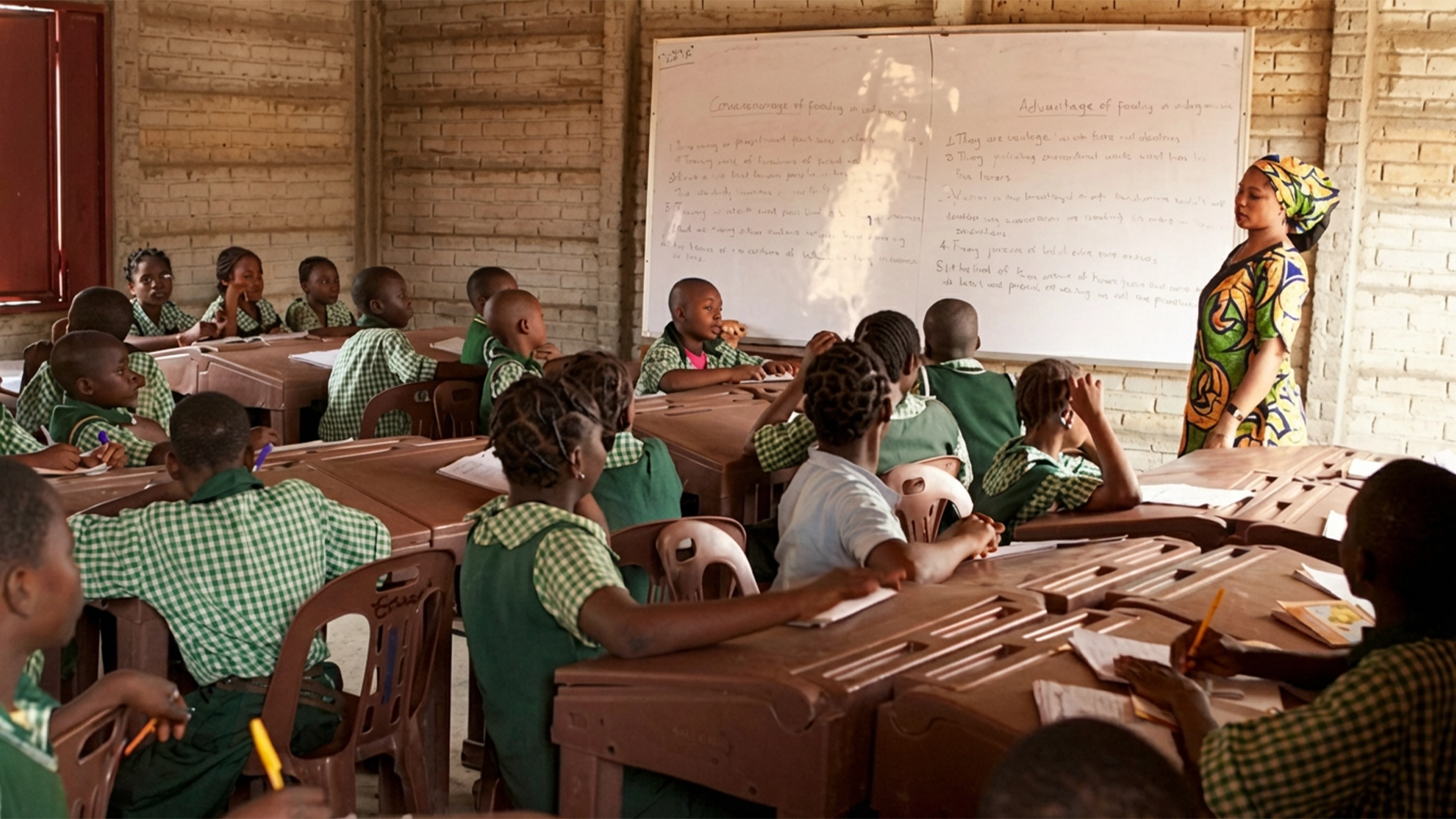As deducible from the CBN Act Section 2(a) above, price stability and exchange rate (monetary) stability are inseparable. It is necessary to show how to determine the stable naira exchange rate, which is consistent with the extrapolated low inflation and low-interest rate regime already examined.
Before then, some befuddling smoke screens must be removed. Citing the advice of his preferred economic experts, the Senate President advocated the devaluation of the naira as an option for mitigating government revenue shortfall due to the fall in oil prices. And presumably, the CBN governor secured the approval of Mr. President before announcing the 15 per cent devaluation of the naira to N360/$1 from the 2020 Appropriation Act exchange rate (AAR) of N305/$1. The new rate may, therefore, be taken as implicit 2020 supplementary budget exchange rate.
However, the devaluation of the naira, in the circumstances, is economically wrong for several reasons. First, were fiat devaluation an economic option to raise government revenue from oil export proceeds, by the same token, a fiat exchange rate of N360 billion/$1 could transform the initial 2020 budget proposal of each tier of government into budget surplus upon FAAC disbursement of deficit-monetised Federation Account oil accruals at the current low international oil prices. Surely, the attendant inflationary pressures would be unimaginable.
Second, flowing from the above, the N360/$1 is similarly economically irrational. Under a proper market-determined exchange rate system mandated under Section 16 of the CBN Act 2007, the naira was undervalued at N305/$1 while the rate of N360/$1 denotes a greater undervaluation. In any case, the N360/$1 rate is not new and cannot now be open sesame for economic success. That rate has been used for 70 per cent of the country’s total forex transactions under the Investors’ and Exporters’ window since April 2017 upon the economy’s exit from the 2016/2017 recession. But since then, GDP growth rate has lagged behind the population growth rate and, beginning a year afterwards in May 2018, the country became the poverty capital of the world and host to more people living in extreme poverty of below $1.90 per head per day. Thus making N360/$1 as the revised 2020 AAR would worsen inflation and reduce GDP growth rate and thereby swell further the numbers living in extreme poverty.
Third, it is incorrect to believe that the use of N360/$1 rate for deficit monetisation of withheld FA dollar allocation has brought about a unified exchange rate. While announcing the devaluation, the CBN governor simultaneously further devalued the naira by multiple rates of between 4.3 per cent and 5.3 per cent for selected forex transactions during a short initial period of 23-27 March 2020 after which the apex bank would acquiesce to their further divergence without rhyme or reason. The additional devalued rates would reward currency speculators at the expense of real production.
Fourth, the naira is the statutory legal tender for legitimate participation in the Nigerian economy. But CBN’s new multiple rates (as in the past) are self-indicting and absurd because the apex bank makes FA beneficiaries and major oil companies (which purportedly account for 90 per cent of the country’s total forex supply) to obtain naira sums at (the relatively expensive price of) N360/$1 to law-abidingly operate in the economy while predatory foreign portfolio investors (PFIs) use whatever amount of dollars brought in, to buy naira sums cheaply at N380/$1. The PFIs proceed to deploy their cheap naira acquisitions to destabilise the stock market through short term-investments and rushed exit as well as to invest in double-digit interest-yielding government bonds. The PFIs then transfer their takings abroad by disproportionately depleting the country’s forex receipts.
Fifth, the irrational pricing of the multiple exchange rates, leads to a loss of confidence in the domestic currency. That outcome fuels artificial demand for forex not to invest in the economy but to hold in anticipation of further weakening of the naira. Such cautionary dollar acquisitions may be kept unorthodoxly or lodged in dollar domiciliary accounts under the multiple currency practices (MCP) in place. The MCP (which was formalised by Abacha) renders the domestic currency the underdog in disregard of the sole legal tender primacy conferred on the naira by the CBN Act. To restore the primacy of the naira and eliminate the instability caused by the operation of forex domiciliary accounts, the Nigerian Law Reform Commission (NLRC) patriotically submitted a bill as far back as 2016 to the National Assembly setting a maximum 30-day time limit for holders of forex proceeds from any sources to convert their holdings to the naira legal tender. The NASS should pass the bill without further delay.
Forty-nine years of heterodox fiscal and monetary practices have sunk the economy abysmally culminating in, as noted before, Federal Government begging a foreigner for a few ventilators with which to manage a COVID-19 patient or two. To stay relevant, they have diversionarilly rehashed the excuse that reliance on oil is responsible for the failure and non-diversification of the economy. That is not the whole truth as made evident in the earlier extrapolated comparison of the low-interest system with the high-interest regime. To briefly clarify: the culprit for the economic woes is the substitution of deficit monetisation or FAAC disbursement of fiat printed naira funds in place of withheld FA dollar allocations for budgetary spending by the tiers of government. Now that the end product of the heterodox measures is in sight, the protagonists and policy makers should swallow their pride and let Nigeria come out of the economic woods.
To begin to repair the economy severely damaged by not infusing FA dollar allocations properly into the system, what remains of the withheld allocations (they are dubbed CBN’s external reserves) should be correctly channelled into the economy. To remove any doubts, note that the withheld FA dollar allocations were not made of dollar ingots that were subsequently minted into naira funds for FAAC to disburse. It is the era of fiat or paper money with the internationally accepted and tested procedure for translating foreign money into the domestic currency or economy, but which CBN did (and still does) not follow. Therefore, any remainder CBN’s external reserves remain unimpaired FA export proceeds, which were improperly withheld and so still belong to the tiers of government.
Initially, three months’ import cover of the “CBN’s external reserves,” which represents the minimum international required external reserves, may be retained. And with or without a law, any amount above the minimum external reserves requirement (this balance even exceeds the 2020 budget proposed but denied external loans) should be shared and converted by the individual beneficiaries as and when necessary in the proper single forex market system to naira revenue for augmenting any current budget receipts. To avoid abuse, beneficiaries should be given their respective share of the repossessed FA accruals in the form of CBN dollar account balance statement for use in the SFM. It should be stressed that the cycle that led to the stunting of the national economy must (and can only) be broken when the repossessed FA dollar allocations are transacted in the single forex market as elucidated below.
Now, Section 16 of the CBN Act provides a suitable mechanism for determining the naira exchange rate. Such a mechanism should be an economy-wide single forex market (SFM). The president-assented to AAR serves as the managed float exchange rate, which should be honed through supply and demand in the SFM. For exchange rate stability and beneficiary economic result, the primary buyers of naira in the SFM are the holders of dollar (exporters, for short) inclusive of foreign direct investors. On the other hand, the primary sellers of naira are eligible end-users of dollars (importers, for short). Deposit money banks (DMBs) are commission-earning brokers.






